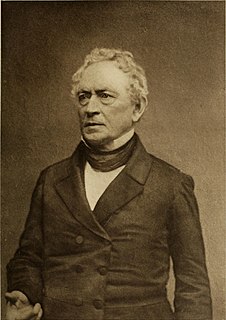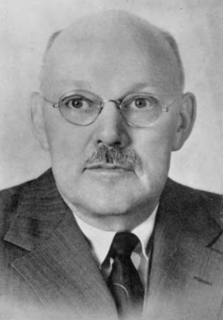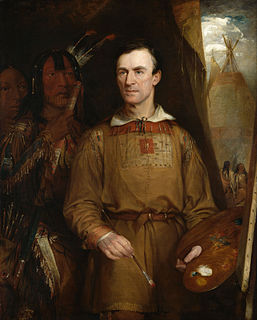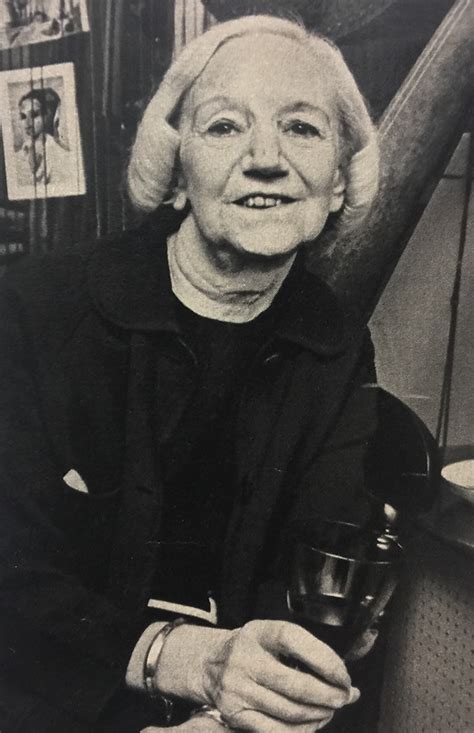A Quote by Marquis de Sade
For mortal men there is but one hell, and that is the folly and wickedness and spite of his fellows; but once his life is over, there's an end to it: his annihilation is final and entire, of him nothing survives.
Related Quotes
On that night I was left with only the truth that nothing of our personality survives after death, that in the end all that was Misha Vainberg would evaporate along with the styles and delusions of his epoch, leaving behind not one flutter of his sad heavy brilliance, not one damp spot around which his successors could congregate to appreciate his life and times.
Where it is in his own interest, every organism may reasonably be expected to aid his fellows. Where he has no alternative, he submits to the yoke of communal servitude. Yet given a full chance to act in his own interest, nothing but expediency will restrain him from brutalizing, from maiming, from murdering his brother, his mate, his parent, or his child. Scratch an 'altruist' and watch a 'hypocrite' bleed.
St. Augustine and St. Thomas define mortal sin to be a turning away from God: that is, the turning of one's back upon God, leaving the Creator for the sake of the creature. What punishment would that subject deserve who, while his king was giving him a command, contemptuously turned his back upon him to go and transgress his orders? This is what the sinner does; and this is punished in hell with the pain of loss, that is, the loss of God, a punishment richly deserved by him who in this life turns his back upon his sovereign good.
A great character, founded on the living rock of principle is, in fact, not a solitary phenomenon, to be at once perceived, limited, and described. It is a dispensation of Providence, designed to have not merely an immediate, but a continuous, progressive, and never-ending agency. It survives the man who possessed it; survives his age,--and perhaps, his country, his language.
Man is not by any means of fixed and enduring form (this, in spite of suspicions to the contrary on the part of their wise men, was the ideal of the ancients). He is nothing else than the narrow and perilous bridge between nature and spirit. His innermost destiny drives him on to the spirit and to God. His innermost longing draws him back to nature, the mother. Between the two forces his life hangs tremulous and irresolute.
Man's desire for the approval of his fellows is so strong, his dread of their censure so violent, that he himself has brought his enemy (conscience) within his gates; and it keeps watch over him, vigilant always in the interests of its master to crush any half-formed desire to break away from the herd.
A warrior is a hunter. He calculates everything. That's control. Once his calculations are over, he acts. He lets go. That's abandon. A warrior is not a leaf at the mercy of the wind. No one can push him; no one can make him do thingsagainst himself or against his better judgment. A warrior is tuned to survive, and he survives in the best of all possible fashions.
The mortal enemies of man are not his fellows of another continent or race; they are the aspects of the physical world which limit or challenge his control, the disease germs that attack him and his domesticated plants and animals, and the insects that carry many of these germs as well as working notable direct injury. This is not the age of man, however great his superiority in size and intelligence; it is literally the age of insects.
When Luke had descended into the River Styx, he would've had to focus on something important that would hold him to his mortal life. Otherwise he would've dissolved. I had seen Annabeth, and I had a feeling he had too. He had pictured that scene Hestia showed me—of himself in the good old days with Thalia and Annabeth, when he promised they would be a family. Hurting Annabeth in battle had shocked him into remembering that promise. It had allowed his mortal conscience to take over again, and defeat Kronos. His weak spot—his Achilles heel—had saved us all
The man has a curious inborn conviction of his own superiority which is quite unshakeable. All his life he has bullied and browbeaten those around him by his high-and-mightiness and his atrocious temper. As a boy he terrorized his entire family by his tantrums, when, if thwarted, he would throw himself on the floor and yell till he went blue in the face. It has been much the same ever since. Everyone's terrified of his rages. He has only to start grinding his teeth, and people fall flat before him.






































